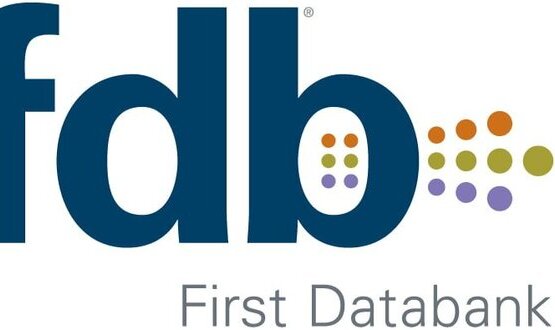GPs burdened with responsibility of ‘policing’ online pharmacies

GPs are being lumped with the responsibility of policing online pharmacies supply “high-risk” medication to patients, the British Medical Association (BMA) has warned.
A situation where patients can pick their medication online “off the shelf” is dangerous and relying on GPs to OK such prescriptions without knowing a patient’s medical history is “inappropriate”, according to BMA GP committee clinical and prescribing lead Dr Andrew Green.
Last month the General Pharmaceutical Council (GPhC) issued new guidance to online pharmacies in a bid to manage risks posed to patients.
Online pharmacies are expected to follow stricter guidance when it comes to prescribing so-called high-risk medication like opioids and antibiotics, as well as making sure prescriptions are clinically appropriate.
The new rules also require online pharmacies to contact GPs in advance of issuing a prescription to confirm if the prescription is appropriate for the patient.
But Dr Green said while the push for tighter regulations was welcome, it shouldn’t be down to GPs to police them.
“The suggestion from the GPhC that GPs authorise the provision of high-risk medication before issue is inappropriate,” he said.
“It is not the function of NHS GPs to police the prescribing of others, and it would be better to blacklist the supply of addictive drugs through this route.
“Patients must be made aware of the risks of online prescribing at the point of sale and there needs to be a robust regulatory system in place to ensure safe practice, as well clear accountability should problems occur.”
Instead, high-risk drugs should not be readily available online, Dr Green argued.
“The ability of patients to effectively self-prescribe by buying medicines online places them at real risk of harm,” he added.
“Of particular concern are drugs prone to dependence such as opioids, and access to antibiotics without proper clinical assessment will inevitably increase anti-microbial resistance.
“A situation where patients can pick their preferred drug ‘off the shelf’, often with little or no medically correct information available, represents a potentially grave threat to their health.”
A spokeswoman for the GPhC said the council was continuing to work with primary care services, governments and other stakeholders to better regulate the sale of medicines online.
“We have strengthened our guidance for pharmacy owners to help make sure that people can only obtain medicines from online pharmacies that are safe and clinically appropriate for them,” she added.
“This guidance was put together following a public consultation, and was informed by what we heard from patients and health professionals, including concerns raised with us by medical practitioners regarding the appropriateness of some medicines being supplied to vulnerable patients.”





